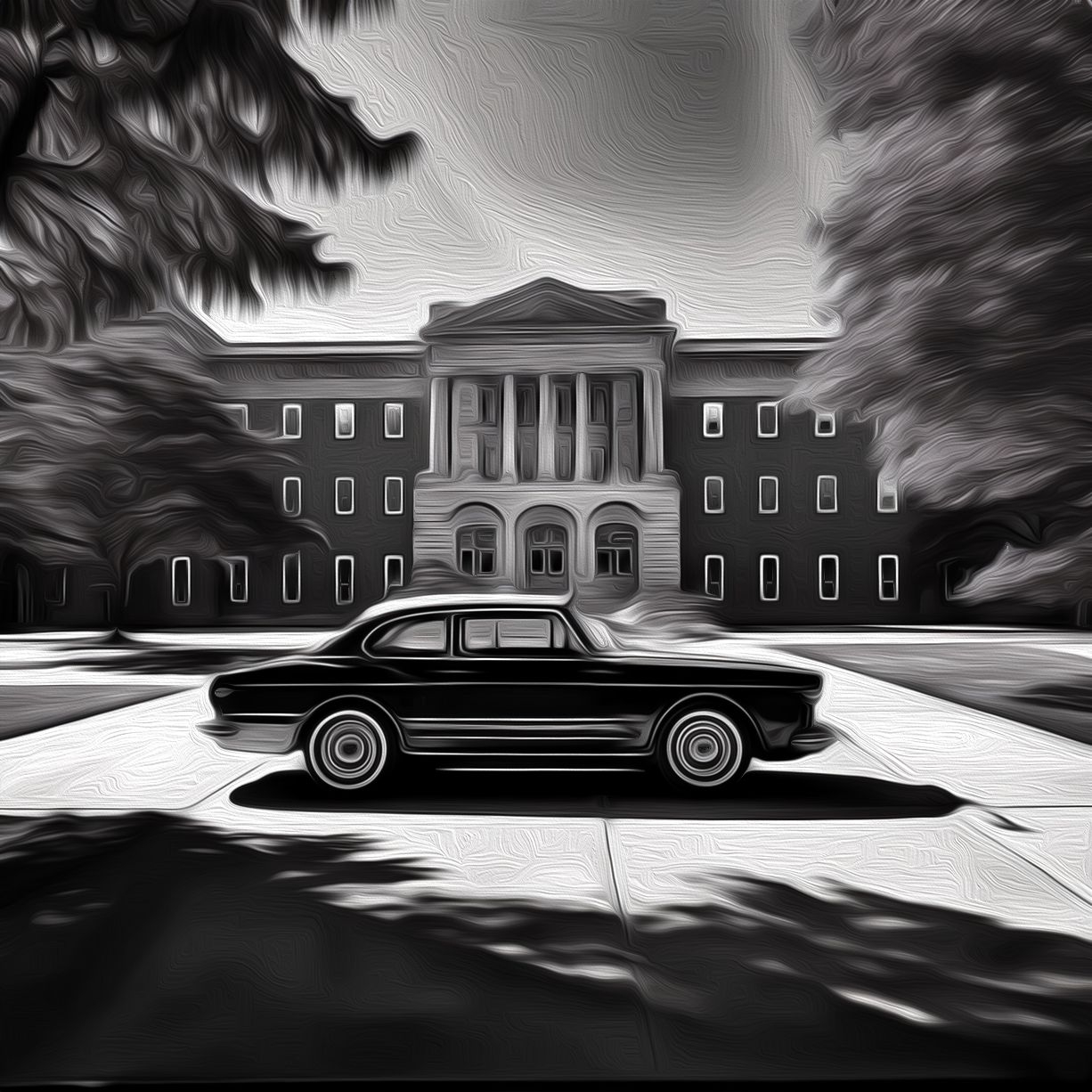In high school as Jean prepared for college she also thought about her career path. And was still determined to get a PhD in the biological sciences.

Dr. Huff, the dad of one of Jean’s friends, was a scientist at Merck. As teenagers Jean and her friends always seemed to be getting into some sort of trouble. And, Dr. Huff was annoyed each time. But, occasionally, he would take a moment and talk to Jean. Once when Jean started to drive, he told her “Don’t drive on fumes, it’s bad for your engine.” Decades later, Jean tries never to let the gas tank get too low.
And when Dr. Huff found out Jean was going to college and wanted to get a Ph.D. he took a moment to sit with her. He said scientists at different companies often were working on similar experiments. One scientist could scoop others by publishing a discovery first. That could be stressful and overwhelming, he said. Dr. Huff was not trying to discourage Jean. He said it is important to carry on as there are always more discoveries and more to learn.
This was sage advice that Jean carried forward. But, the comment was more than something she thought about during times of stress. The comment invoked a feeling that she could accomplish something in science. Dr. Huff believed she would get to the Ph.D. and would get to running a research plan. A seed was planted and Jean felt that she might really accomplish what she set out to do.
An individual’s belief in their abilities and their ability to reach specific goals is enveloped in the concept of self-efficacy. The concept was developed by Albert Bandura in 1977 and is positively correlated with one’s success. Dr. Huff, who had a long, successful career with Merck, was an inspiration to Jean. She learned she had to be her own advocate, but always appreciated that early support Dr. Huff provided. Sometimes it only takes one person to make a difference in another’s life. And, even a passing conversation can have a huge impact.
